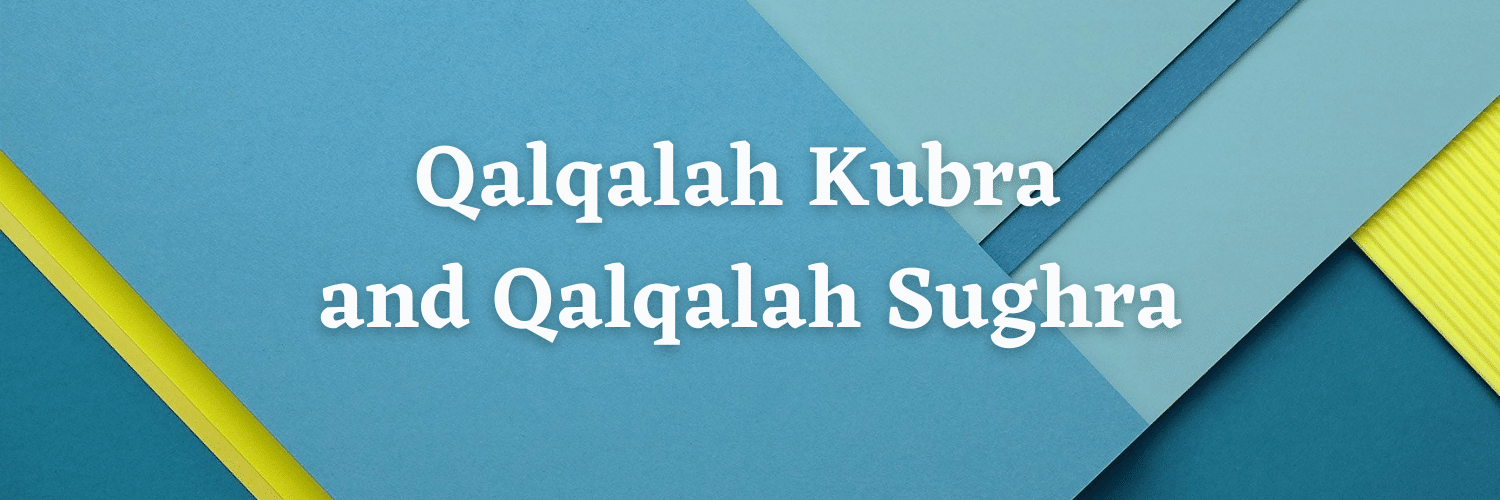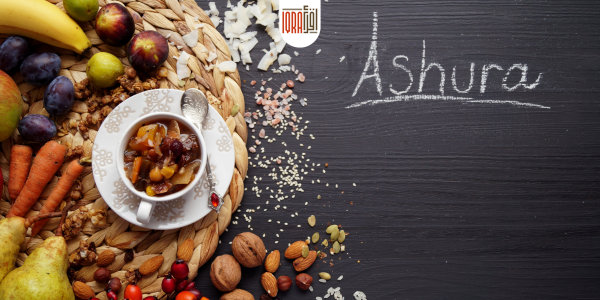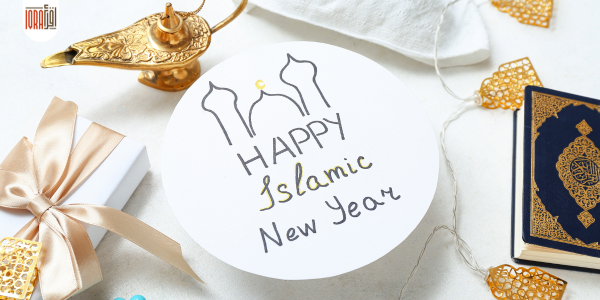What is the Echo (Al –Qalqalah/ القلقلة ), what are its types?
What are Qalqalah Kubra and QalqalahSughra ?
Al –Qalqalah, in particular, I feel the beauty of the Arabic in it, if you meditate on the vocabulary, and pronounce it, you will feel its meaning without long explanation. Qalqalah means that there is some disturbance, a clear movement, something still and vibrating.
What is Qalqalah?
Al –Qalqalah linguistically: means shaking/disturbance.
Al –Qalqalah idiomatically: to disturb the letter that has sukoon, i.e. that is saakin, but without any corresponding movement of the mouth, until it becomes turbulent with a clear vibration and a distinct tone is heard. It can be stated as a state between a Saakin (letter with Sukoon sign on it) and Mutaharrik (letter with Movement).
We do not understand clearly yet? Let’s explain in more detail.
What are Al –Qalqalah / Echo letters?
Al –Qalqalahletters in Tajweed are grouped – for convenience – in the phrase:قُطب جَد (QutbJad). That is, Al –Qalqalah 5 letters which are:
ق ط ب ج د
adaal jeem baa tah qaaf
How do we disturb the letter that’s saakin? How do we echo the letter?
Qalqalahis only pronounced when any of the previous letters is Saakin (either the letter has the Sukoon sign or is assigned a sukoon because of stopping), whether that letter comes in the middle or at the end of the word, we stopped at it and do not give it the movement that it takes in the case of the connection.
Simply, Qalqalah is echoing the above five letters when they are in state of sukoon, i.e.
قْ طْ بْ جْ دْ
Types of Al –Qalqalah
Al –Qalqalah has two types :Qalqalah Kubra and QalqalahSughra
Qalqalah Kubra (Strong Echo): it occurs when standing on one of the five letters at the end of an ayah, such asin these verses:
And in many other verses. What you notice here is that you stand on the last letter, i.e. at the end of the word, and do not remain silent at it, and also do not connect it, but rather “echo the letter ”. And be careful not to make the mistake of adding a letter or movement instead of Qalqalah.
QalqalahSughra (Subtle Echo): occurs in the middle of a word whether at the beginning, middle, or end of an ayah in which Qalqalahis in a proportion or rank less than Qalqalah Kubra, as in the following examples:
When reading this ruling, in this way, it also requires you to listen to it, and to recall it with a qualified sheikh who is licensed in the science of Tajweed to the Book of God Almighty, and recite it to correct you, train you day by day, and teach you the ruling until you are fully proficient in it. We are pleased to be the link in the IQRA Platform between you as a learner who is motivated to recite the Book of God without errors, and our sheikhs, readers, memorizers, and glorified teachers who are certified by senior scholars and reciters in Al-Azhar and other Islam and Sharia sciences platforms.
To take your blessed steps in reciting the Book of God, as it was revealed to His Messenger.





1 Comment
Oops comments are disabled